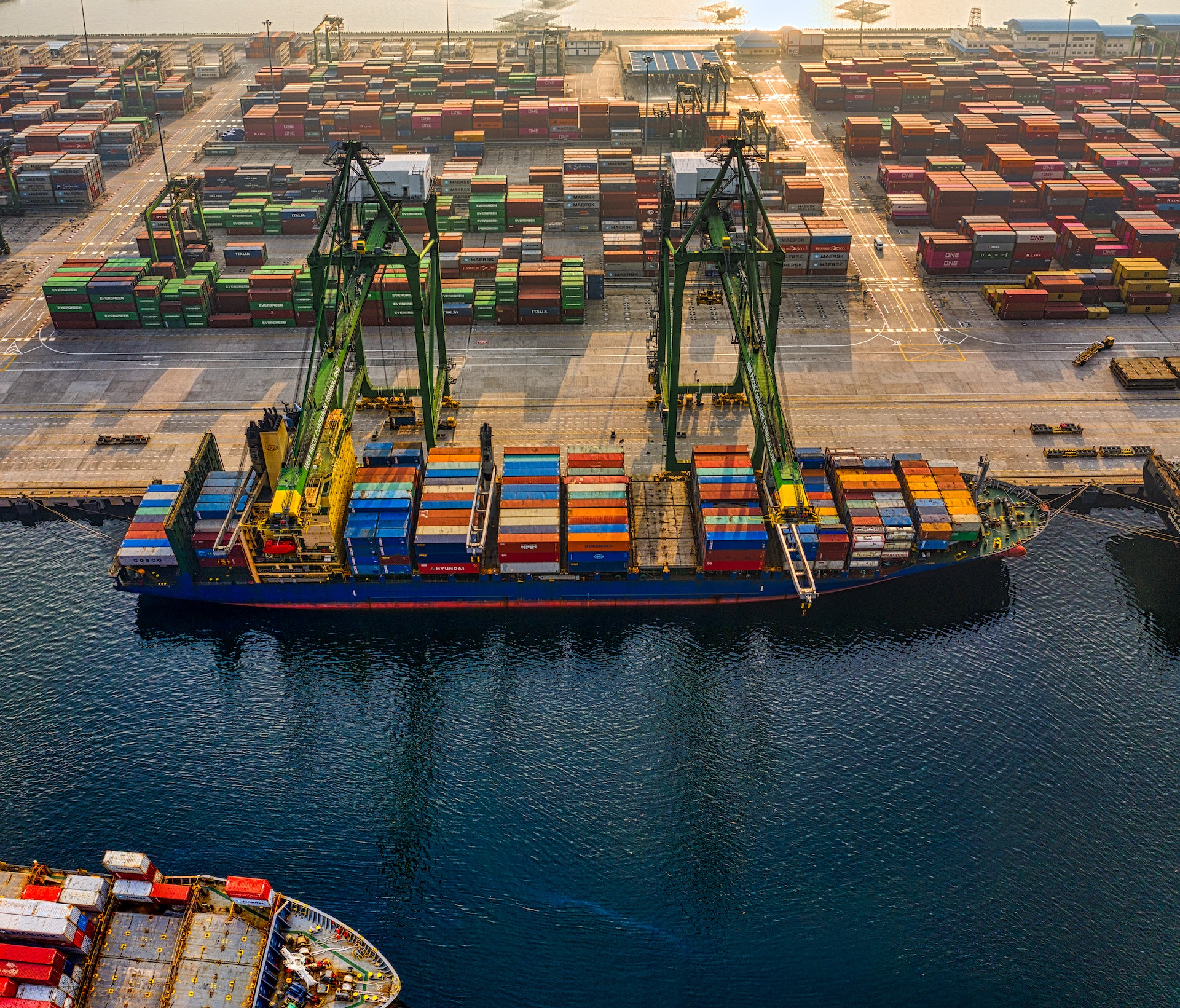
How to start commodity trading
Commodities are a significant aspect of our daily lives. It is a basic raw material required to make finished goods and used interchangeably in commerce with other similar type of goods. For investors, trading in commodities is a way to diversify their investment portfolio beyond traditional securities. Commodity prices move in opposition to stocks, therefore during market volatility periods investors prefer to rely on commodities.
Done right, commodity trading can not only add diversification to the portfolio but can also bring in significant returns. However, investing in commodities is not that simple and requires specialized knowledge. In this article, we have covered commodity trading basics that can help you understand how it works and the different ways to trade.
What Is Commodity Trading?
Trading in commodities means exchanging different assets typically in the form of futures contracts, based on the prices of the primary commodity. When buying or selling futures contracts, investors bet on the future value of the commodity. They buy more futures when they think the prices will go up, and if they think the prices will fall, they sell off the futures or go short. All such assumptions to buy or sell the commodity are based on market trends.
Traditionally, commodity trading started way before the modern financial asset market was established. As men progressed and ancient empires started to develop trade routes for the exchange of goods, commodities became widely popular.
To say commodity trading is the birth of modern investing – is correct. Modern commodity trading is still in practice throughout the world. It is done through a commodities exchange that is referred to both physical locations where the trading takes place, and includes legal entities that have been formed to enforce rules and regulations for standardized trading contracts and related investment products.
Today, the commodity market is much more mature and sophisticated. There is a long list of varied commodities that are being traded worldwide. Additionally, it is also an international market that involves exchanges around the globe. You can trade in commodities any time of the day throughout the working week.
Main types
There are four main types of commodities in the market:
- Metals – This includes precious metals such as gold, silver, platinum, and palladium. Also, industrial metals such as zinc, iron, aluminum, tin, ore, and copper.
- Energy – This includes oil, coal, natural gas, uranium, and ethanol. Furthermore, energy also includes renewable energy like solar and wind power.
- Agriculture – These cover goods like grain, sugar, and wheat, as well as non-edible goods like rubber, palm oil, and cotton.
- Livestock – This includes live animals like hogs and cattle.
Should you invest in commodities?
Investment in commodities is the best strategy to diversify the portfolio for sophisticated investors. Before starting off with the trades, you must study the commodity price charts, types of commodities, and your own financial and credit standing. Since prices tend to fluctuate on a large scale, one must have a high-risk tolerance. This means you are strong enough to handle short-term losses in pursuit of long-term gains.

